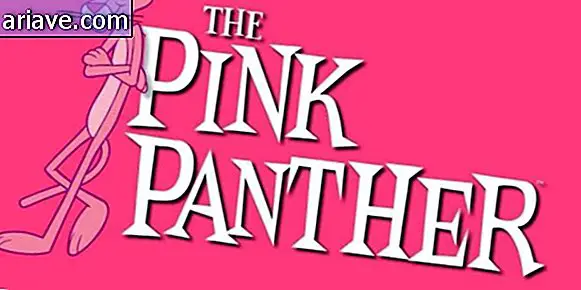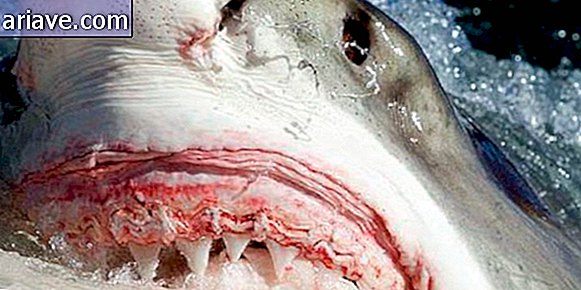What would happen to us if all insects ceased to exist?
If you, like most people, have ever wanted all insects to disappear from the face of the earth - especially on those warm nights when mosquitoes don't let you sleep - know that your life and that of other complex living things would be too much. worse without them! But, before, how about knowing a little more about these animals?
Insects comprise the most diverse group of organisms present on the planet, and so far there are about 900, 000 cataloged species - meaning that they represent 80% of all species we know. Not to mention that many animals have not yet been described by science, and entomologists believe that the number of species can reach 30 million and that there are 10 quintillion of them living with us!
Evil?
Yes, some animals are really annoying, and others touch terror on farms by destroying and devouring crops. There are also those that are poisonous and those that transmit diseases that can even trigger epidemics and the death of complex organisms (such as humans and the animals that make up the herds), as well as those that infest our pets and can leave them. sick

However, the truth is that many insects are so tiny that we do not even realize their presence, not to mention that of the 900, 000 we know, the vast majority are harmless to humans. In fact, the existence of these pets is incredibly important to our survival.
If the insects disappeared
Do you remember the concept of food chain? Then living things whose diet is based primarily on insects — such as countless species of birds, reptiles, and amphibians — would die, and the animals that feed on them would die over time. And this would continue to happen until the top species in the chain, such as the large mammals (and even humans), were affected. There would be a domino effect.

What's worse is that it would do no good if all of these animals decided to become vegetarians to get around food shortages, as 80% of the world's plant species - including fruit trees and crops we grow - are angiosperms, that is, they are the type. that flourishes. For to reproduce, they need to be pollinated, and this “work” is largely done by butterflies, bees, beetles, mosquitoes, etc.

Moreover, without insects to help decay dead plants and animals that fertilize the soil, plants would have less nutrients than they need to grow and could eventually die. In addition, many insects dig into the soil, creating air cavities that promote oxygenation of the earth, and plant roots would not be able to access all the oxygen they need.
Apocalyptic scenario
Now think: Depending on the region of the world, between 50 and 90 percent of the volume of food and calories comes from plant-produced foods. Just to give you an idea, fruits and vegetables, like rice, beans, wheat and potatoes, are all angiosperms, also serving to feed the animals we eat - such as poultry, fish and cattle - which It means that, even indirectly, they will end up on our plate.

There is also honey and silk - which are among the most valuable and historically important substances for human civilization - produced thanks to the action of insects; without them both would cease to exist.
Remember we commented that insects help to degrade dead plants and critters? Without them, apart from the issue of soil fertilization, carcasses of plants and animals - including human bodies - would take longer to decompose, and the world would be full of corpses everywhere. Have you thought?
It would be possible?
Most alarming of all we have explained so far is that the disappearance of insects from the face of the earth, while unlikely, is not completely inconceivable. Recently, due to habitat loss, disease and pesticide action, millions of commercial and wild hives have been decimated.

In addition, climate change occurring around the world is changing the timing between the incubation period of certain insects and the life cycle of some plant species. This means that certain vegetables are blooming too soon or too late, losing the chance of being pollinated by insects, which in turn end up losing their food source.
* Posted on 11/13/2015











